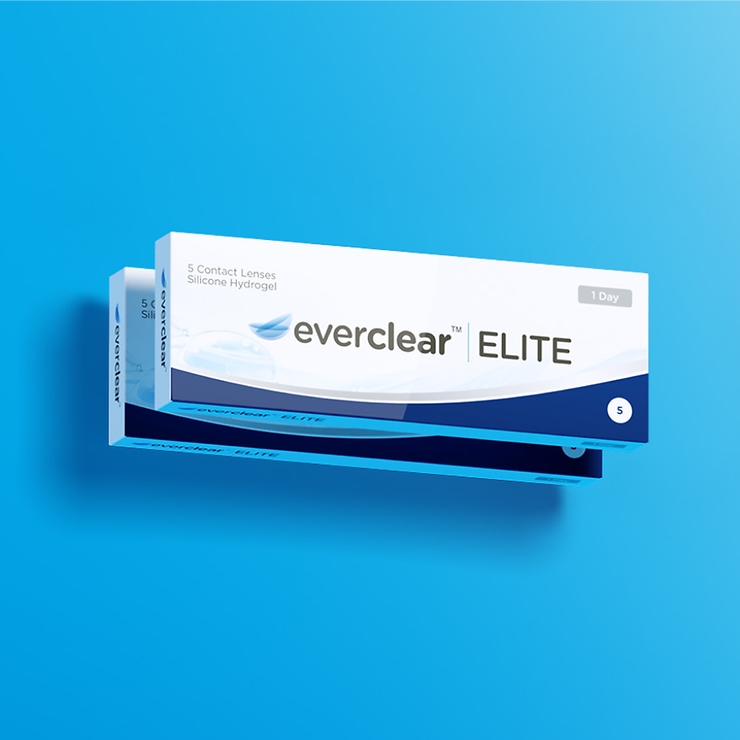AcuvueAir OptixBiofinityClaritiDailieseverclearFreshlookPrecisionProclearSofLensTotalDaily Contact LensesTwo Weekly Contact LensesMonthly Contact LensesExtended Wear Contact LensesContact LensesToric Contact lensesColoured Contact LensesMultifocal Contact LensesSilicone Hydrogel LensesDry Eye TreatmentsEye DropsEye VitaminsHygiene & Lid CareEye Wash & Sprayseverclear Eye DropsHycosan Extra Eye DropsBlink Intensive Tears VialsBlink Intensive Tears BottleBlink Contacts BottleArtelacBlinkClinitasHycosanPreserVisionSystaneMulti-purpose Cleaners & SalinesGas Permeable Travel PacksHydrogen Peroxideeverclear RefreshBiotrue DuoPackRenu MPS Multi-Purpose Solution 3 PackEasySept 3 PackAcuvue Revitalens 2 PackBostoneverclearOpti-FreeRenuAbout Vision DirectBlogBuyers' GuidesFAQContact usReturns & RefundsDelivery InformationHow to read your contact lens prescriptionHow do I care for my contact lenses?Dry eyesBest contact lenses of 2025: updated rankingContact lenses and make-up: Which goes first?How does stress affect your eyesight?FREE everclear ELITE trialFREE everclear ADM trialLens replacementPrice Match PromiseFREE deliveryView All TypesView All Eye Care BrandsView All BrandsView MoreAll Contact LensesClaim NowAll Eye CareAll SolutionsAll Help and NewsSee All Offers
Free delivery for orders £59 and up
Free delivery for orders £59 and up
True or false? Contact lens myth busting
